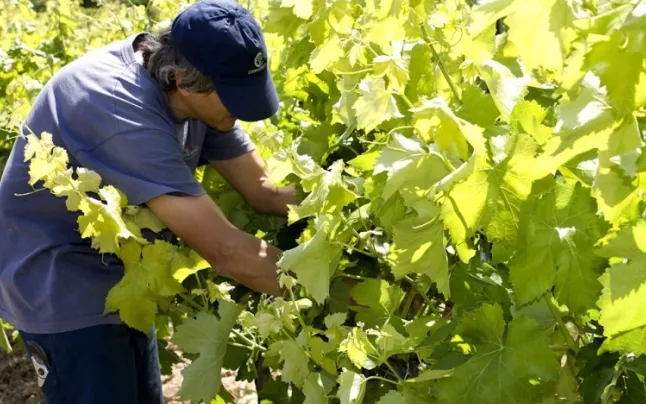'A data dump of suffering: the EU's long-distance trade in farm animals exposed' denounces the loophole of European regulation exceptions and the tragic reality of prolonged journeys of farm animals.
A recent study exposes the "suffering" experienced by farm animals during their transfers between countries of the European Union (EU) and destinations outside it, with the purpose of being consumed by humans.
The report titled 'A data dump of suffering: the EU's long-distance trade in farm animals exposed', prepared by the organizations Compassion in World Farming and the Eurogroup for Animals, a coalition which includes the Foundation for Advice and Action in Defense of Animals (FAADA), has extensively analyzed over 180,000 shipment records of animals during a 19-month period from October 2021 to April 2023.
The results of this study reveal that long-distance trade is a widely practiced phenomenon within the EU. Annually, more than 40 million pigs, cows, and sheep are transported between member states, while 4 million animals, including cattle, sheep, and pigs, are exported to countries outside the EU, such as Turkey, Serbia, destinations in the Middle East, North Africa, and even places as far as Kazakhstan and Uzbekistan, as well as Brazil and Colombia.
After thoroughly analyzing this data, the two animal rights organizations conclude in their report that the current official records are "insufficient and inaccurate", thus underestimating the "true horror" associated with long-distance trade.
The controversy of prolonged journeys
Despite the Regulation 1/2005 of the Council of the European Union on the protection of animals during transport establishing an eight-hour limit for journeys, with the need to unload the animals to provide them with food, water, and a minimum of 24 hours of rest before continuing, this regulation allows exceptions.
If certain additional standards for vehicles are met (which, as criticized in the report, "are not particularly demanding"), animals can be transported for significantly longer periods, such as 28 hours for cattle and sheep, 24 hours for pigs and horses, and 18 hours for lactating animals.
Despite these provisions, the report warns that there are "clear pieces of evidence" that animals, especially pigs, sheep, calves, and other cattle, suffer hunger and thirst during periods of food or water deprivation during transportation.
According to 'A data dump of suffering: the EU's long-distance trade in farm animals exposed,' animals often experience significant suffering during long journeys, where they are overcrowded in overloaded trucks, experiencing exhaustion, dehydration, and a progressive increase in stress as the journey is prolonged.
In the most severe cases, many of them die, either suffocated when ships overturn or victims of heat strokes when trucks are trapped for hours or even days at borders. These dangers are especially critical for lactating animals, such as young calves.
Inadequate records
The report also reveals that EU travel records are incomplete and often inaccurate, significantly underestimating the actual length and duration of many journeys.
Approximately 60% of the routes are recorded as starting at "meeting points," even though the animals might have been transported for hours without the corresponding documentation. This practice is considered a strategy by transport companies as it allows them to extend the maximum permitted travel time.
In light of these facts, Compassion in World Farming and the Eurogroup for Animals urge the European Union to ban the export of live animals to countries outside the community, instead promoting exclusive trade of meat, and to establish stricter standards to ensure the welfare of animals during transport within the Union territory.








Add new comment